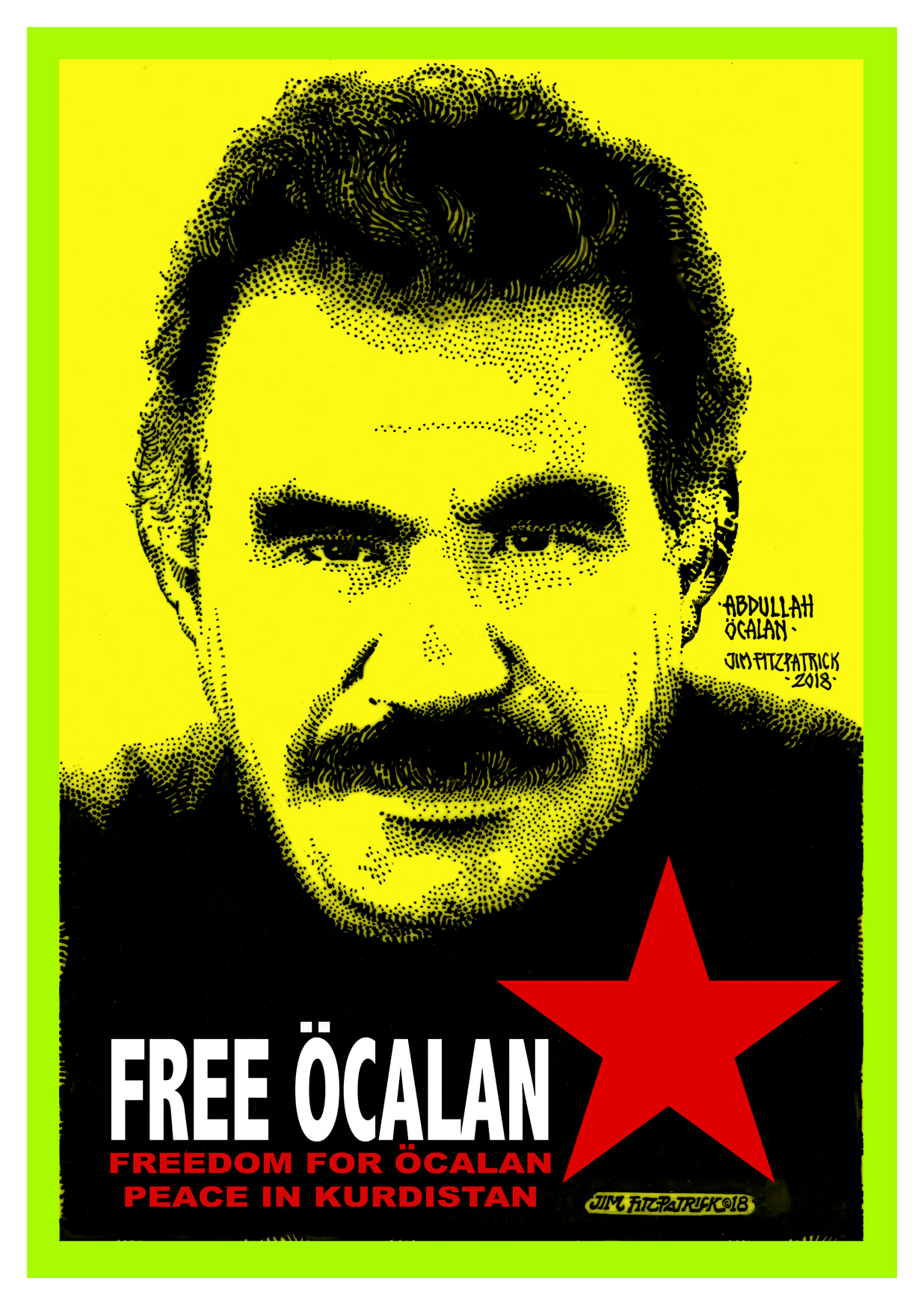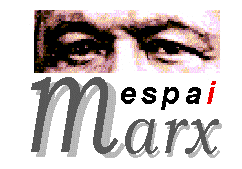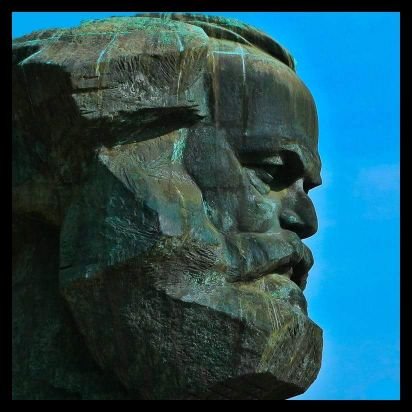Resultados de la búsqueda
Keyword: ‘Ilyenkov’
Lo siento, no hay nada que se ajuste a lo que buscas.
Activity Theory
Acumulación del capital
Acumulación por desposesión
Acumulación primitiva
Alienación
Bajtín
Capital a interés
Capital Ficticio
Capital Financiero
Ciencias Sociales
Crisis
Crítica de la economía política
Democracia radical
Derecho a la ciudad
Dialogía
Dialéctica
Dinero
Dominación y poder
El Capital
Epistemología
Escuela histórico-cultural
Estética
Eurocentrismo
Fetichismo de la mercancía
Financiarización
Forma mercancía
Forma valor
Fuerza de Trabajo
Gramsci
Grundrisse
Hegel
Hegemonía
Identidad-alteridad
Ideología
Imperialismo
Internacionalismo
Keynesianismo
Latinoamérica
Libertad
Lingüística
LTDG
Lucha de clases
Materialismo Histórico
MEGA 2
Metodología
Neoliberalismo
Patriarcado salarial
Planificación socialista
Plusvalía
Praxis
Precios de producción
Productividad del trabajo
Servidumbre por deuda
Sobreacumulación de capital
Socialismo
Socialismo de mercado
Socio-Ecología
Sociología
Subconsumo
Subsunción del trabajo
Tasa de ganancia
Teoria del comercio internacional
Teoría de la conciencia
Teoría de la crisis
Teoría de la dependencia
Teoría de la ventaja absoluta
Teoría del Estado
Teoría del valor
Trabajo abstracto
Trabajo productivo-Improductivo
Unión Europea
Valor de uso
Vigotsky
Voloshinov
Ética
Categorías
- A la Calle que ya es hora (1.052)
- ¿Qué leer? (261)
- Convocatorias (107)
- Economía (296)
- Lucha de clases (480)
- Clásicos del marxismo (27)
- Economía marxista (584)
- Feminismo marxista (71)
- Filosofía marxista (548)
- Multimedia (502)
- Psicología marxista (162)
- Socio-ecología marxista (60)
- Teoría crítica acumulada (1.056)
Únete a otros 2.514 suscriptores
Blogroll
- Abelardo Mariña Flores
- Actuel Marx
- Adolfo Sánchez Vázquez
- Al Campbell
- Alan Freeman
- Alejandro Valle Baeza
- Alex Levant
- Alfredo Saad-Filho
- Andre Gunder Frank
- Andrew Brown
- Andrew Chitty
- Andrew Kliman
- Andy Blunden
- Anwar Shaikh
- Atilio A. Borón
- Ben Fine
- Bertell Ollman
- Biblioteca de Fº Fernández Buey
- Biblioteca virtual Omegalfa
- Bob Jessop
- Bolívar Echeverría
- Capitalismo & Crisis Económicas
- Carl Ratner
- Carlos Pérez Soto
- Cátedra Che Guevara / Colectivo Amauta
- Cedeplar
- Cemarx – Unicamp Centro de Estudos Marxistas
- Center for Activity Theory and Developmental Work Research
- Center for Human Activity Theory (CHAT)
- Centro para la Investigación como Crítica Práctica
- Christian Palloix
- Christopher J. Arthur
- CIPEC (Centro de Investigación en Pensamiento Crítico)
- Claudio Katz
- Cockshot and Cotrell
- Contretemps
- Costas Lapavitsas
- CRADLE
- Crítica da Economia
- Crítica marxista
- Cristian Bota
- Cuadernos Políticos
- Cultural Logic: An Electronic Journal of Marxist Theory and Practice
- Daniel Albarracín
- Daniel Bensaïd
- David Bakhurst
- David F. Ruccio
- David Harvey
- David McNally
- Diego Guerrero
- Duncan Foley
- E. Ahmet Tonak
- Econo Marx 21
- ECoNoMia CíTRiCa
- Edward and Dorothy Thompson
- Enrique Dussel
- Espai Marx
- Felipe Martínez Marzoa
- Fred Moseley
- Frieder Otto Wolf
- Fundación de Investigaciones Marxistas
- Gabriel Vargas Lozano
- Gérard Duménil y Dominique Lévy
- Göran Therborn
- Geert Reuten
- Gramsci.org
- Guglielmo Carchedi
- György Lukács Blog
- Harry Daniels
- Historical Materialism
- Hugo da Gama Cerqueira
- Immanuel Wallerstein
- Institute of Social History
- Instituts für kritische Theorie (InkriT)
- International Friends of Ilyenkov
- International Gramsci Society
- International Rosa Luxemburg Society
- International Society for Cultural and Activity Research (ISCAR)
- International Working Group on Value Theory
- Internationale Marx-Engels-Stiftung
- Jaan Valsiner
- James Wertsch
- Jean-Paul Bronckart
- Joaquin Arriola
- John Milios
- John Shotter
- John Weeks
- Jorge Riechmann
- José A. Tapia
- José Carlos Mariátegui
- Juan Carlos Monedero
- Juan Iñigo Carrera
- Kapitalism101
- Kevin B. Anderson
- Laboratorio de Investigación Cultural (LiC)
- Laboratory of Comparative Human Cognition
- Langage Action Formation
- Latinoamericanistas leyendo El Capital
- Legal Form
- Libcom
- Louis Gill
- Luis Radford
- Marcello Musto
- Marcelo José de Souza e Silva.
- Mario L. Robles Báez
- Marx Ahora
- Marx and Marxism Web Guide
- Marx and Philosophy
- Marx and Philosophy Society
- Marx au XXIe siècle: l’esprit et la lettre
- Marx Dialectical Studies
- Marx Myths & Legends
- Marx-Engels Gesamtausgabe (MEGA) Online
- Marx-Engels Werke
- Marx21
- Marxism 21
- Marxism and Psychology Research Group (MPRG)
- Marxismes au 21e siècle
- Marxismo 21
- Marxismo Oggi
- Marxist humanist initiative
- MIA – Vigotsky
- Michael Burawoy
- Michael Cole
- Michael Heinrich
- Michael Löwy
- Michael Perelman
- Michael R. Kräetke
- Michael Roberts
- Michel Husson
- Mind, Culture, and Activity
- Miren Etxezarreta
- Moishe Postone
- Monthly review
- NIEP-Marx/UFF
- Nikolai Veresov
- NUPE-Marx / UFPR
- Oxford Centre for Sociocultural and Activity Theory Research
- Patrick Murray
- Paul Cockshott
- Paul Zarembka
- Période
- Peter E. Jones
- Pierre Salama
- Quaderni Materialisti
- Reading Ilyenkov
- Reificationofpersonsandpersonificationofthings
- Reinaldo Carcanholo
- René Van der Veer
- Rethinking Marxism
- Revista Dialéctica
- Revista Herramienta
- Revista Laberinto
- Revista Outubro
- Riccardo Bellofiore
- Richard D. Wolff
- Richard Gunn
- Rolando Astarita
- Rotekeil
- Science & Society
- Seminario "Hacia un nuevo Socialismo"
- SEPLA
- Sergio Cámara Izquierdo
- Sergio Lessa
- Simon Clarke
- Sin Permiso
- Socialist Register
- Stefan Gandler
- Terrell Carver
- The International Marxist-Humanist Organization (IHMO)
- The Lawrence Krader Research Project
- The Marx-Engels-Gesamtausgabe (MEGA)
- Theotonio dos Santos
- Tithi Bhattacharya
- Tony Smith
- Tran Duc Thao
- Union of Radical Political Economists
- Videoteca marxista
- Viento Sur
- Vigotski – Brasil
- Vygotsky Project
- werehirwerequeer
- Wolfgang Fritz Haug
- Yanis Varoufakis
- Yrjö Engeström


























